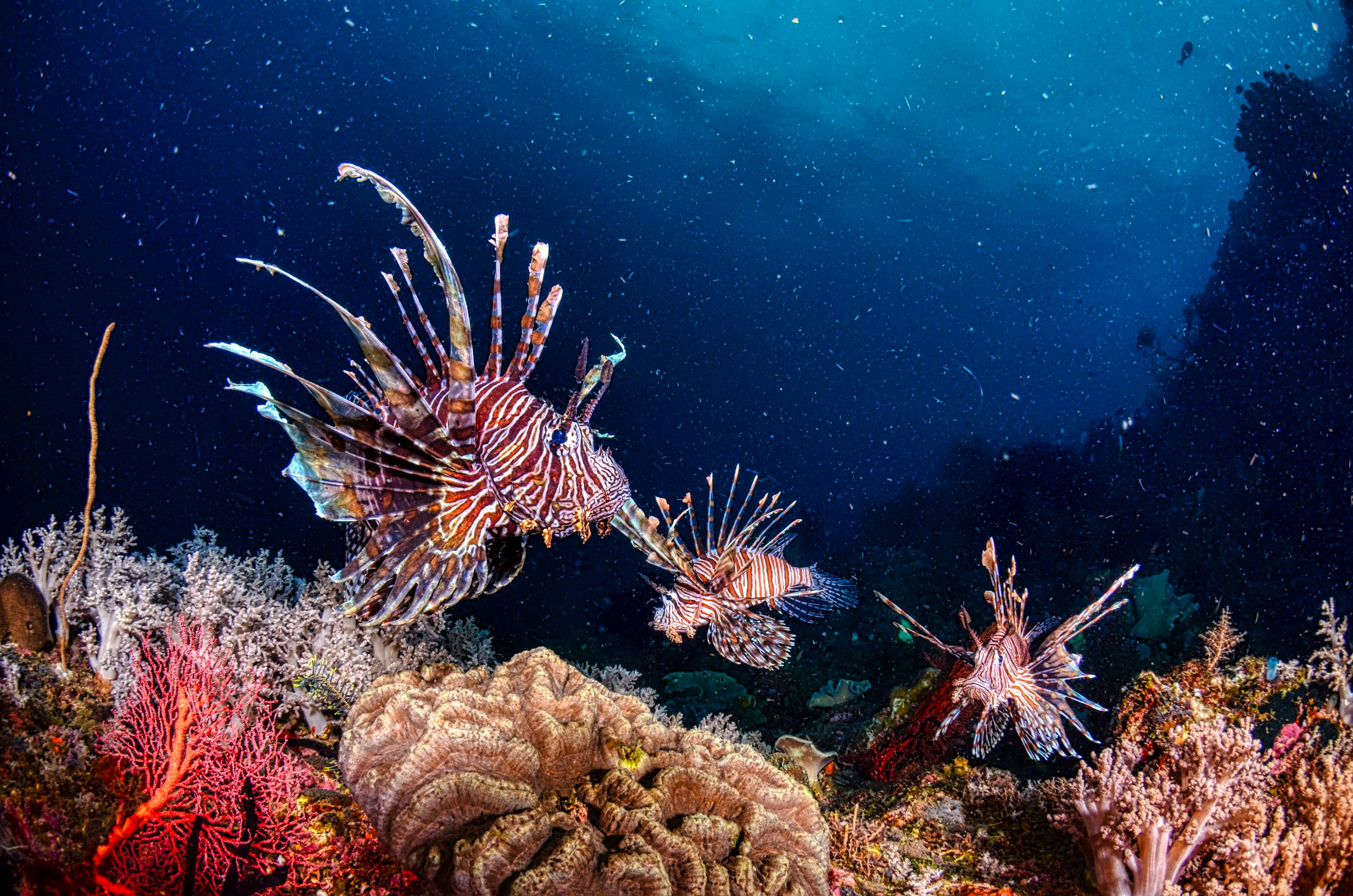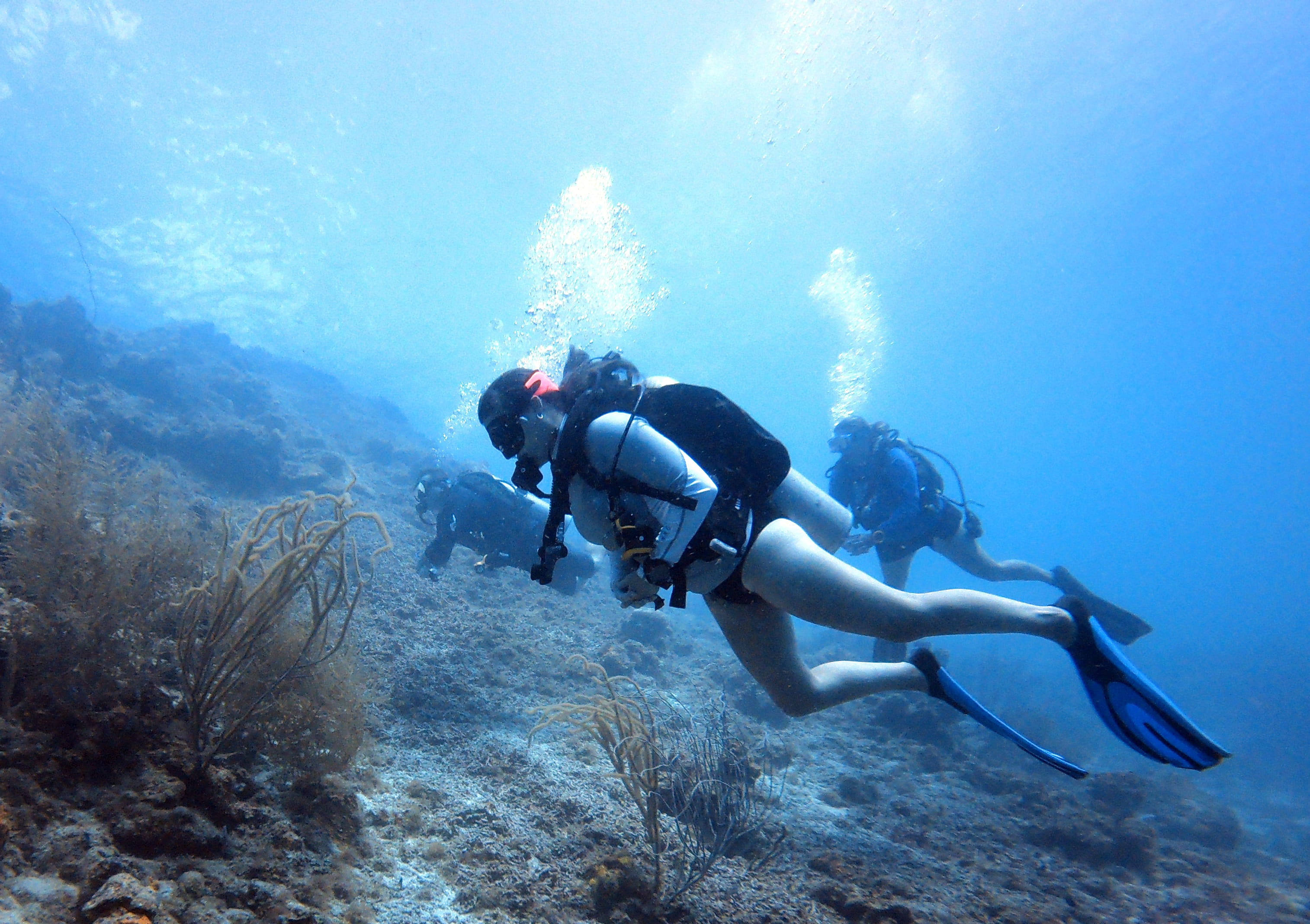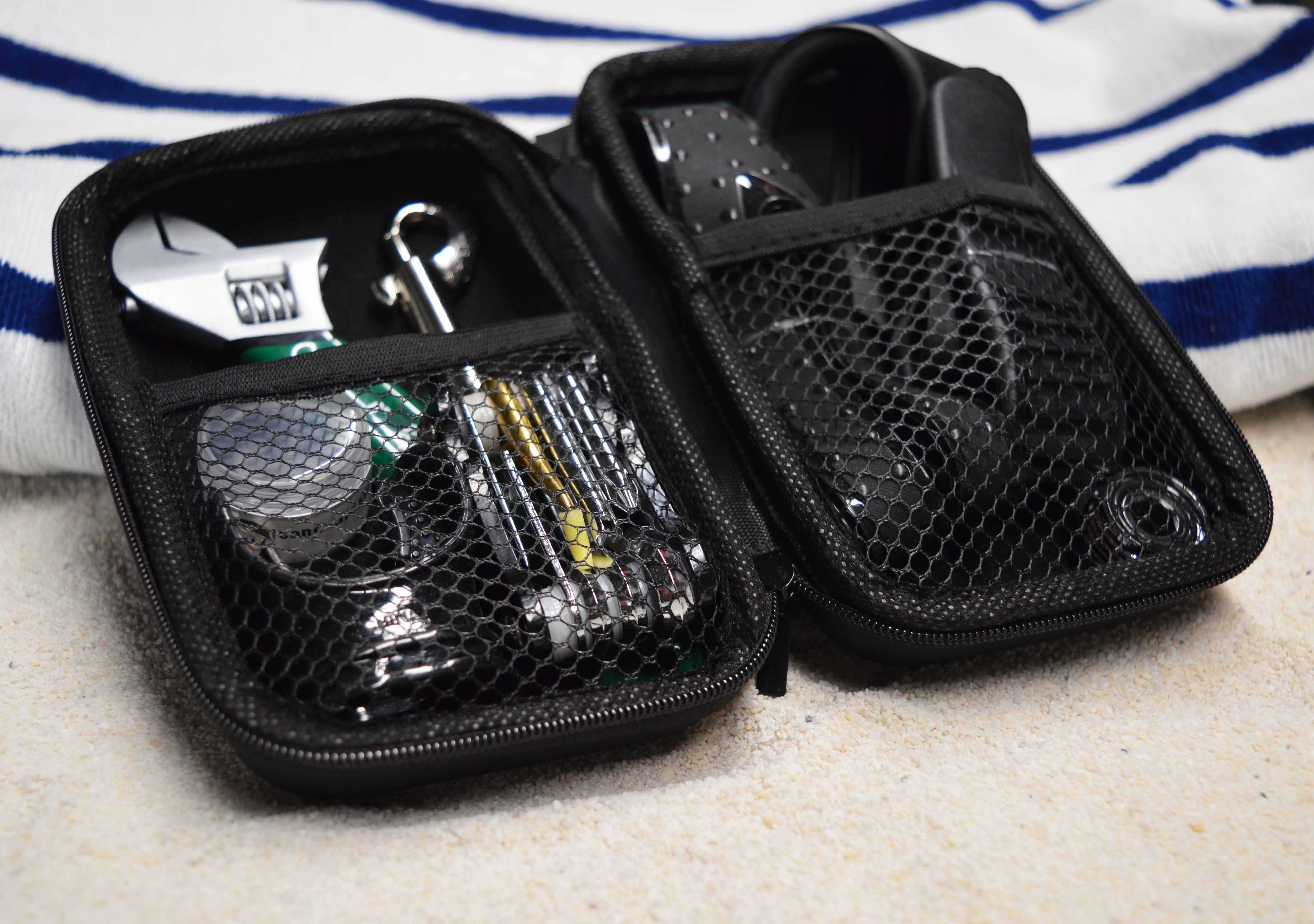Lionfish Invasion in the Caribbean
TheScubaDirectory ⋅ October 5, 2024

The Caribbean is facing a serious environmental crisis caused by the invasive lionfish. Originally from the Indo-Pacific, lionfish were introduced to Atlantic waters in the 1980s, likely through the aquarium trade. Since then, their population has exploded, causing significant harm to local marine ecosystems.
Why Are Lionfish a Problem?
Lionfish are voracious predators, feeding on small fish and crustaceans. They have no natural predators in the Caribbean, allowing their numbers to grow unchecked. This rapid population growth leads to:
- Disrupted ecosystems: By consuming herbivorous fish, lionfish contribute to coral reef degradation, as these fish help control algae growth on reefs.
- Decline of native species: Lionfish outcompete native species for food, threatening biodiversity in the region.
Essential Gear
Dive smarter with PRO

Explore PRO
Efforts to Control the Invasion
Efforts are underway to combat the lionfish invasion. Culling programs, like the Florida Fish and Wildlife Conservation Commission’s annual Lionfish Challenge, encourage divers to capture and remove lionfish from the water. Some initiatives are also promoting lionfish as a sustainable seafood option, helping to reduce their numbers.
How You Can Help
Whether you're a diver, seafood lover, or conservation enthusiast, there are ways to contribute to the fight against the lionfish invasion. Support local programs, join lionfish culling events, or even try lionfish as a meal!

